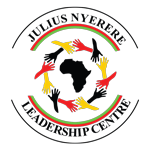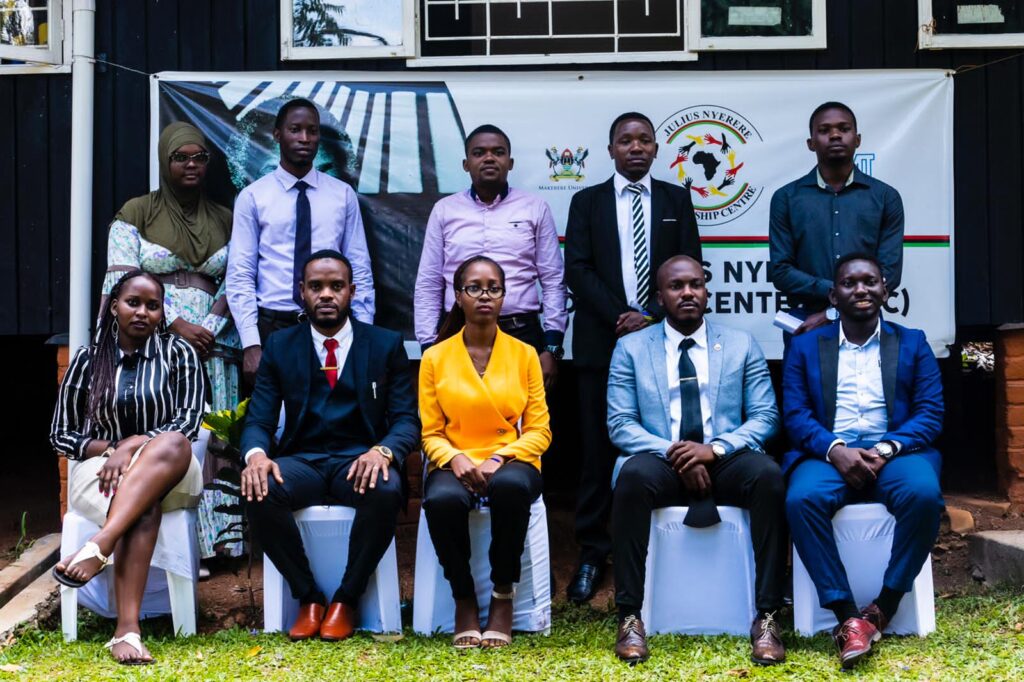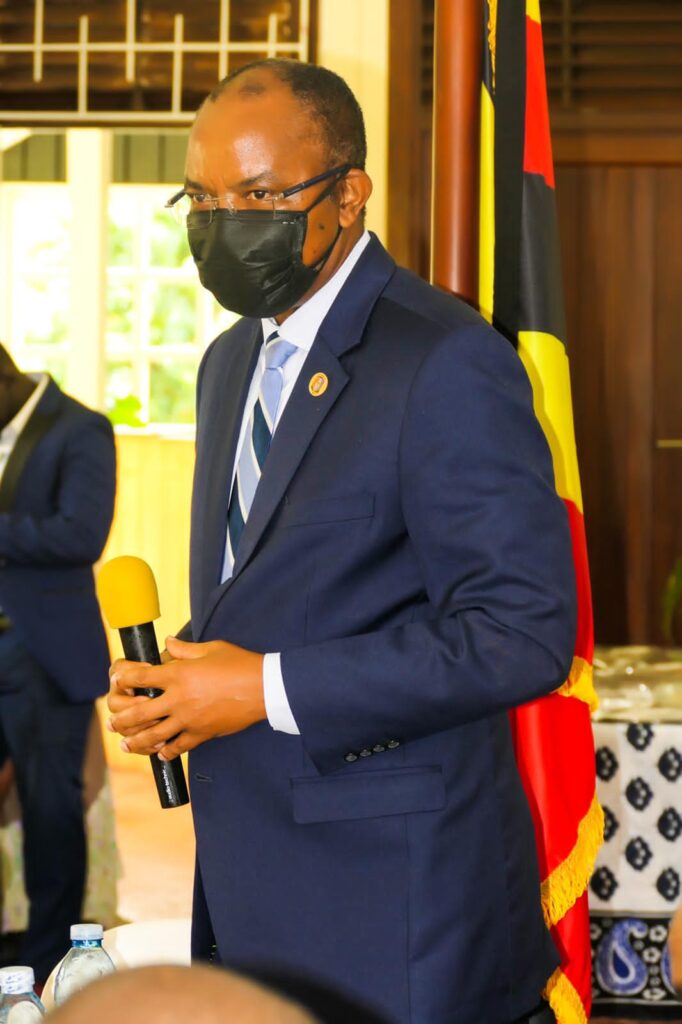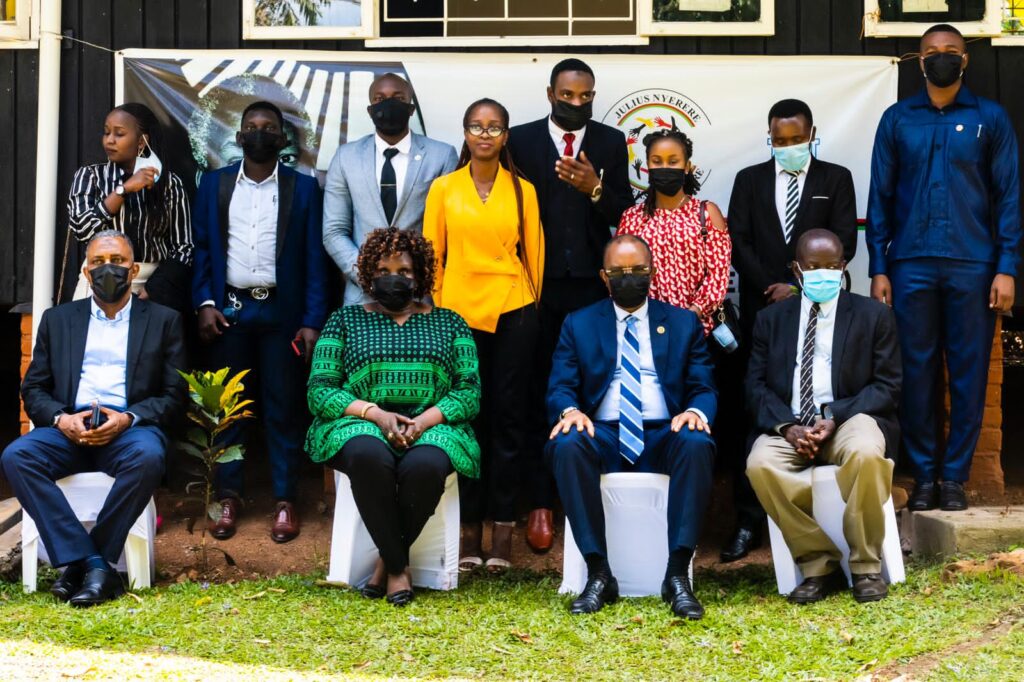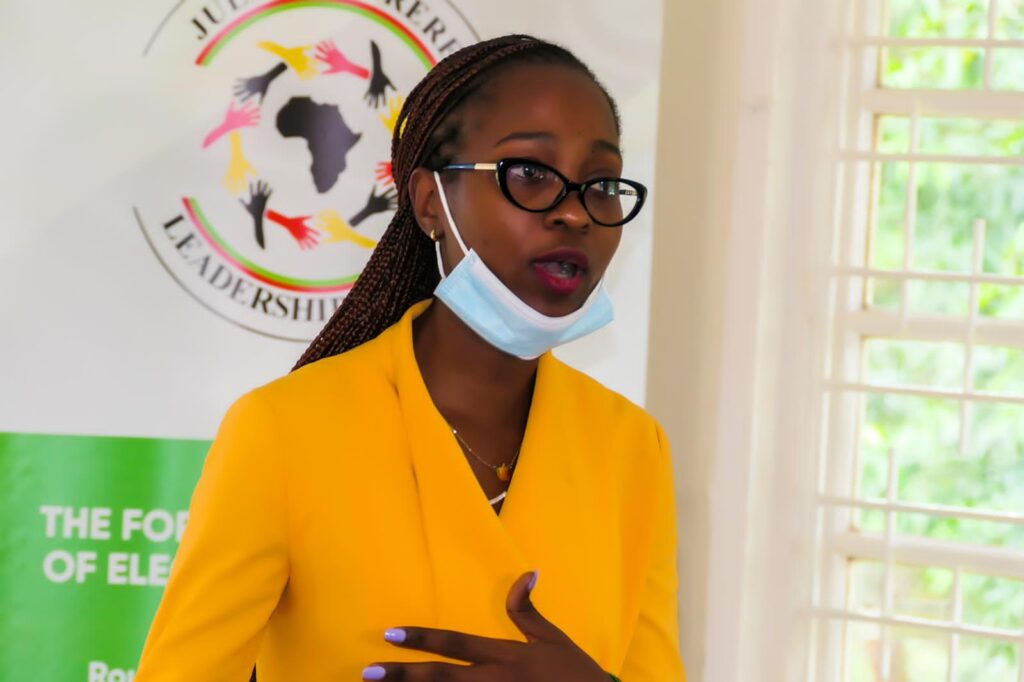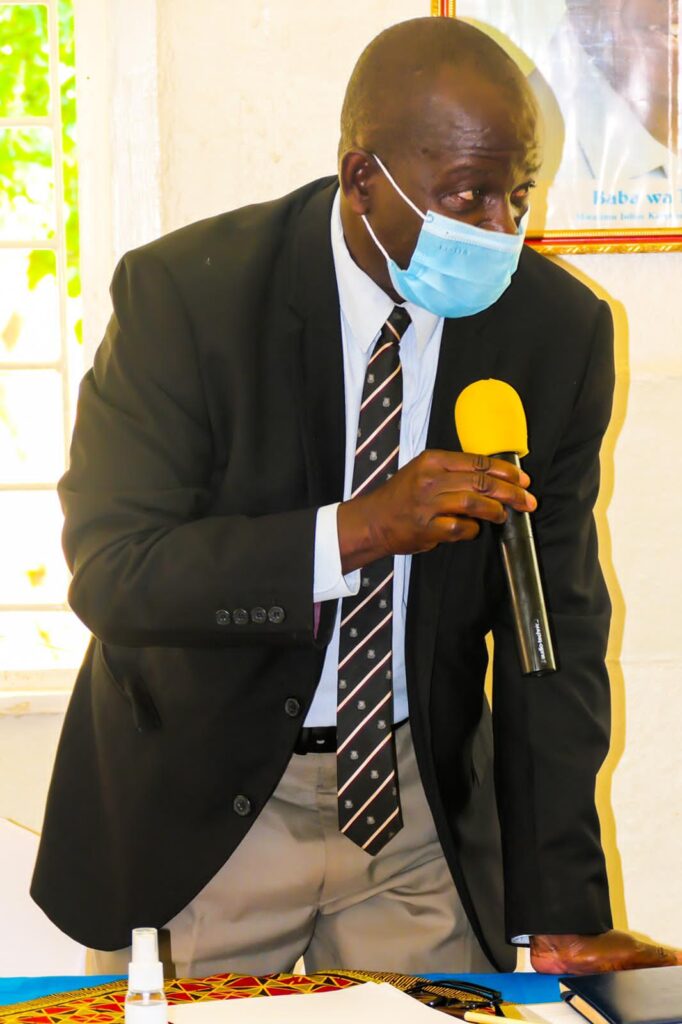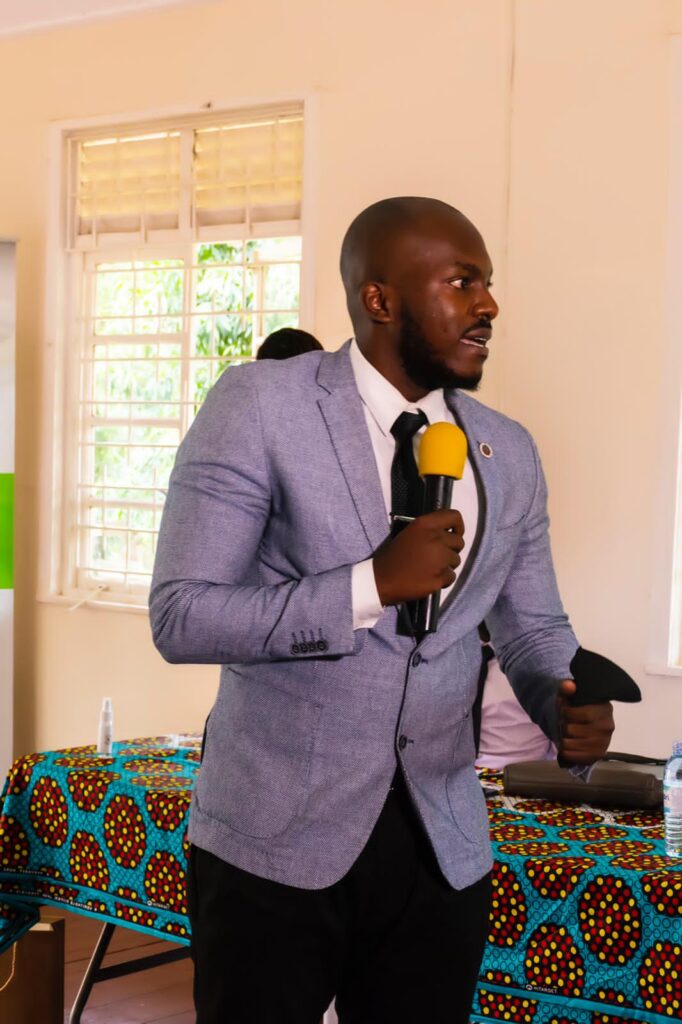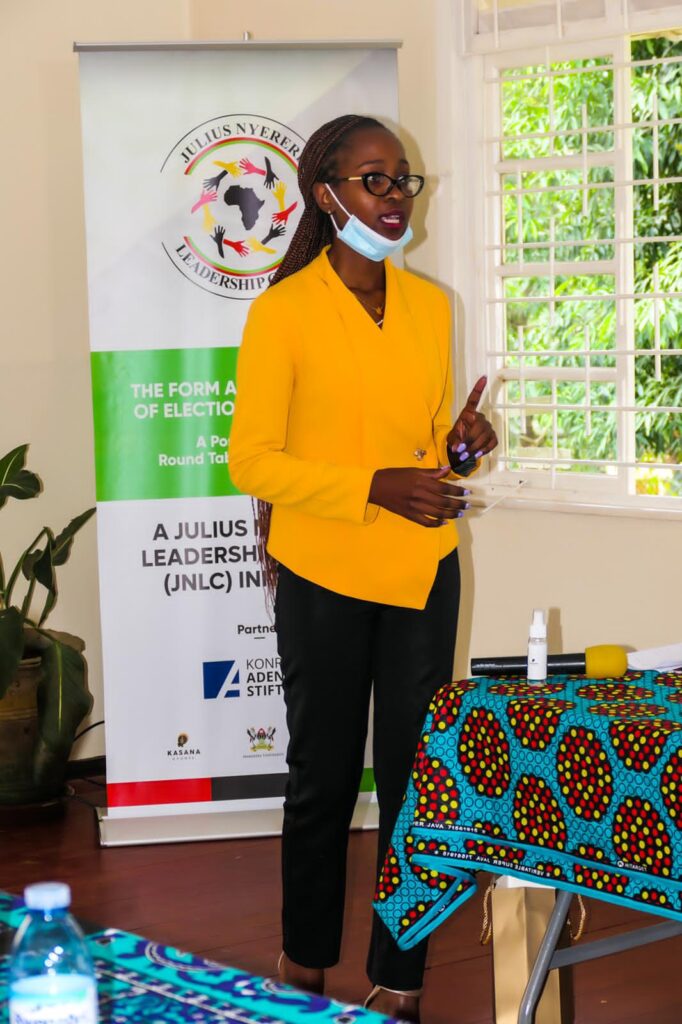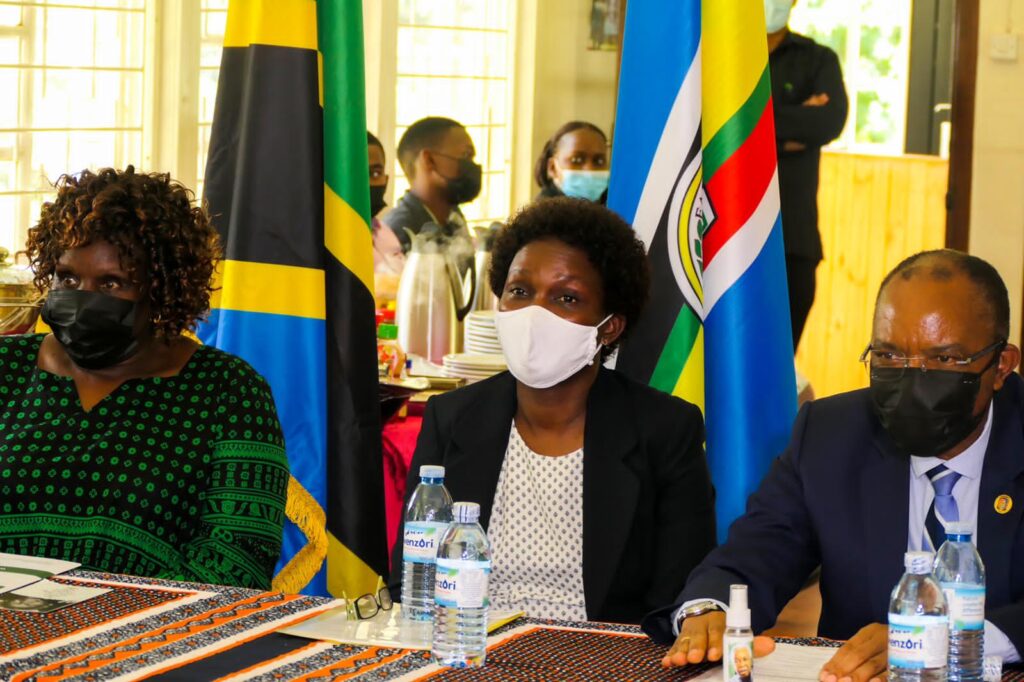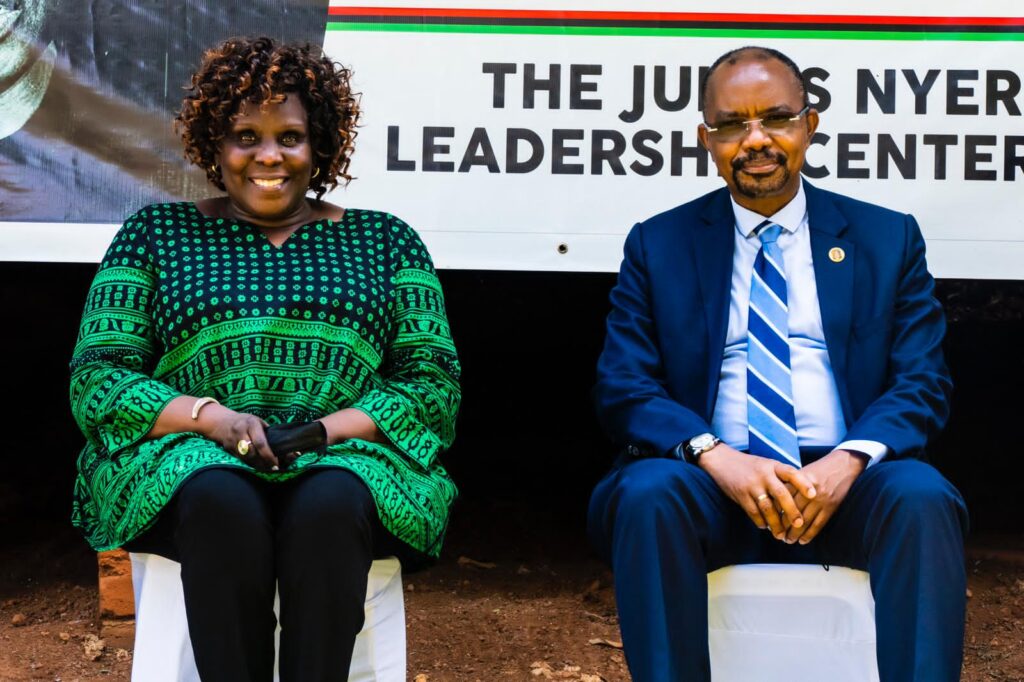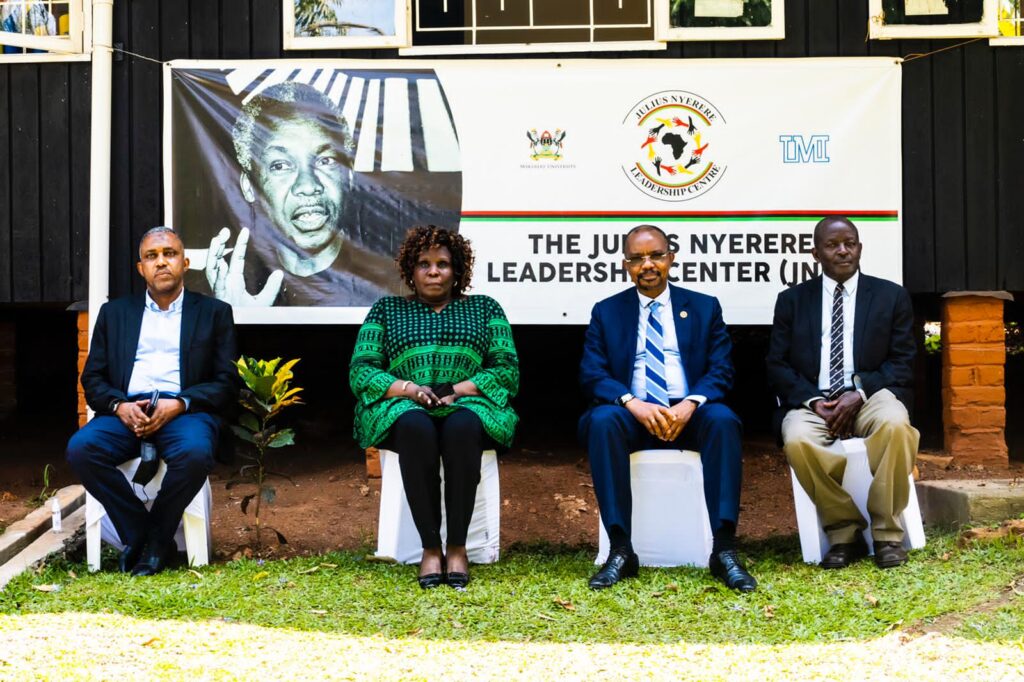Legacies are not built by the men or women who are the subject of the legacy but by those around them who continue to believe in what they stood for and indeed believe that what had value yesterday continues to serve a greater purpose. On October 14th 2021, the Tanzanian High Commissioner and broader Tanzanian community in Uganda consisting of students, business women and men, entrepreneurs, as well as public servants celebrated Nyerere Day to commemorate the legacy of Mwalimu Julius Nyerere at the Julius Nyerere Leadership Centre. Mwalimu Julius Nyerere is associated with the political trajectory of many post-colonial African states. His resolve and belief in Africa’s capability symbolized an alternate vision of Africa; not as a begging bowl but a continent, if united, with immense potential.
That the Tanzanian High Commission decided to hold the Nyerere Day celebrations at the Julius Nyerere Leadership Centre (JNLC) at Makerere University is significant. The Julius Nyerere Leadership Centre, is named after the former President of Tanzania, the late Mwalimu Julius Kambarage Nyerere. It was established on the initiative of the President of the Republic of Uganda, His Excellency Yoweri Kaguta Museveni to honour the legacy of the late Mwalimu Julius Kambarage Nyerere. Launched by HE the President on October, 6th 2018, the Centre was set up as a focal point for intergenerational dialogue, and as a Centre for knowledge and research.
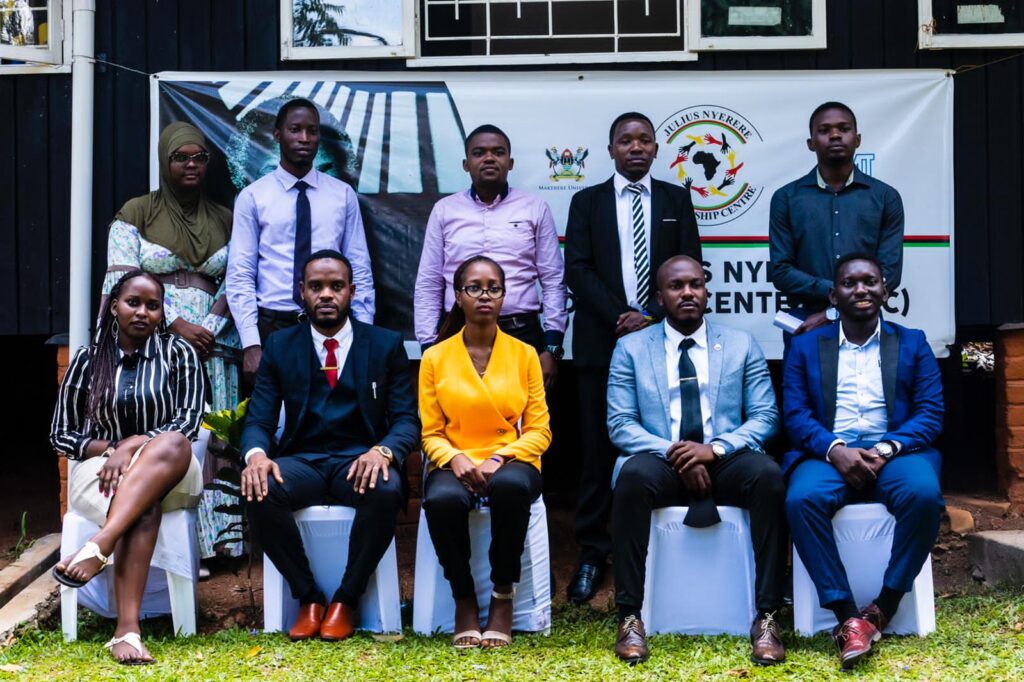
As a knowledge and research initiative, the JNLC is jointly hosted by Uganda Management Institute, and Makerere University, with the physical office responsible for programme coordination, administration, and management situated on Plot 111 Pool Road, at Makerere University. Through a collaborative approach, JNLC is invested in building extensive research and leadership training capacity to identify emerging socio-economic problems and to contribute to ongoing policy and practical initiatives to solve them.
By contextualizing problems and their solutions, the Julius Nyerere Leadership Centre aims to draw on the philosophies of past African leaders and to anchor theses solutions in the principles of unity and Pan-Africanism espoused by Julius Nyerere among other African leaders. The vision of the Centre is to be a Centre of excellence promoting shared learning on Leadership and Pan-Africanism. The Centre’s Mission is to develop and disseminate knowledge that promotes visionary leadership anchored in Pan-African ideals for strategic transformational change in Africa.
On October 14th Nyerere Day, the remarks of His Excellency, Dr. Azizi Ponary Mlima the High Commissioner of Tanzania re-emphasised the importance of servant leadership, the need to identify things such as the use of a common language like Swahili to promote unity and the importance of spreading Pan-Africanism. The occasion also offered Tanzanian student leaders with an opportunity to share their memories and understanding of Mwalimu Julius Nyerere’s teachings. They revealed that the use of Swahili promoted by Mwalimu Julius Nyerere was a real unifying factor that has made Tanzania consisting of over 172 tribes to have a sense of unity and belonging. Using the day to honour the Swahili journalist, Siraj Kalyango for popularising the use of Swahili in international media houses such as the BBC, VOA and UBC was not only a tribute to Mwalimu Julius Nyerere’s visionary leadership but also focused attention on the importance and role of the Swahili language in nation building. The other key lesson learnt from Mwalimu’s works that the students focused on was the importance of fostering communities as the core of national development and giving back as an integral part of nationalism.
The main takeaways from the October 14th Nyerere Day commemoration at Makerere are that the legacies of past African leaders must be preserved and celebrated. That African leaders must remain resolute in the same way that Mwalimu Nyerere did not only in speaking on fundamental issues of corruption, poverty, and social development but envisioning and crafting African solutions to the challenges they present to development.

